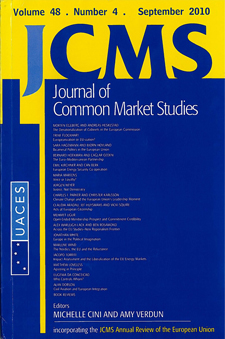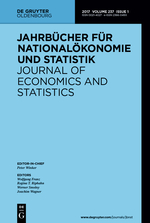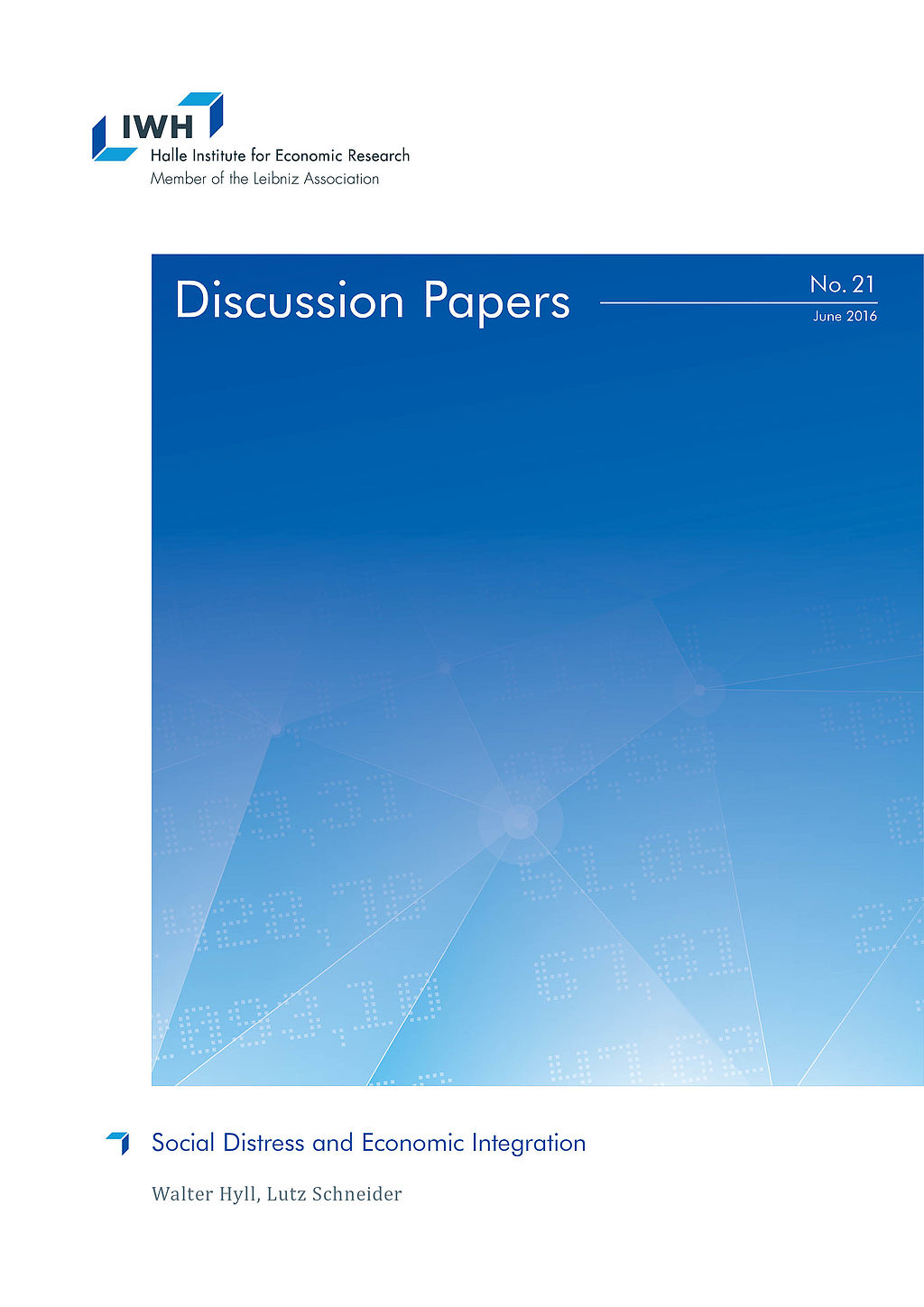Dr Cornelia Lang

Current Position
since 1/16
Head of the Research Data Centre
Halle Institute for Economic Research (IWH) – Member of the Leibniz Association
Research Interests
- alternative measures of well-being
- living conditions in East Germany
Cornelia Lang joined the institute in 1997 and is leading the IWH Research Data Centre since 2016.
Cornelia Lang studied sociology and philosophy at Leipzig University. She received her PhD from University of Applied Sciences Merseburg. Prior to joining IWH, she worked at Pädagogische Hochschule Leipzig and at the Leipzig branch office of the German Youth Institute.








